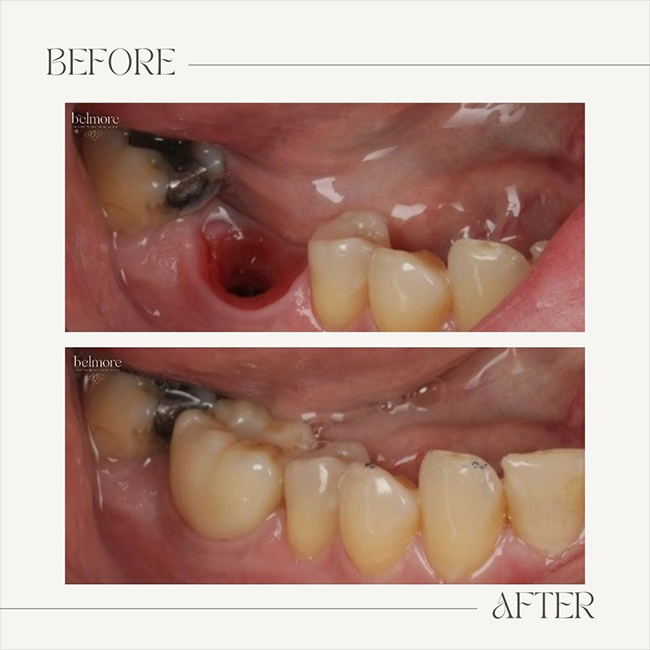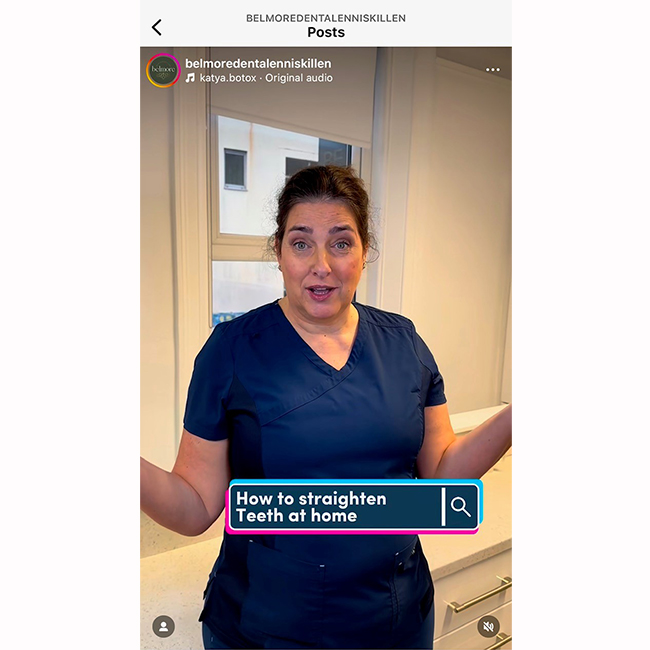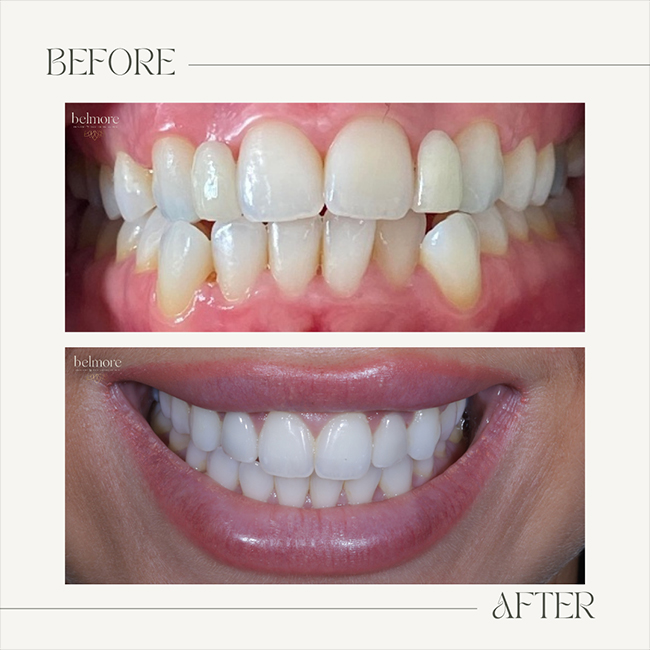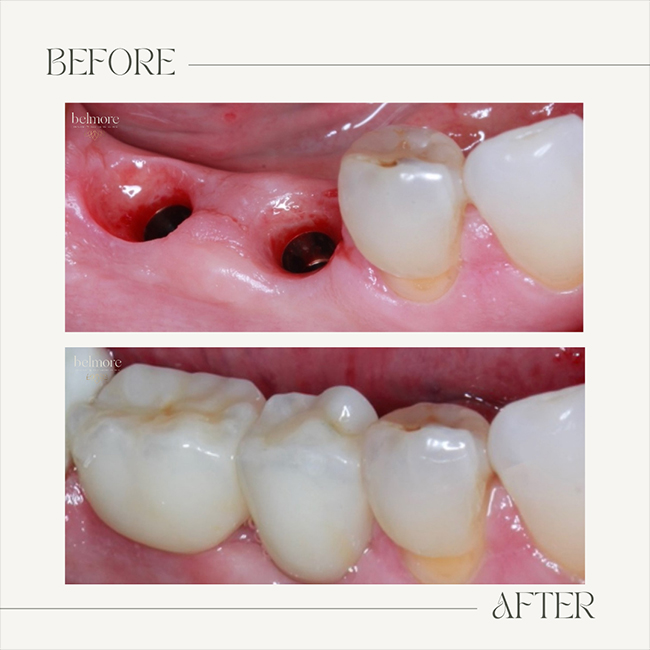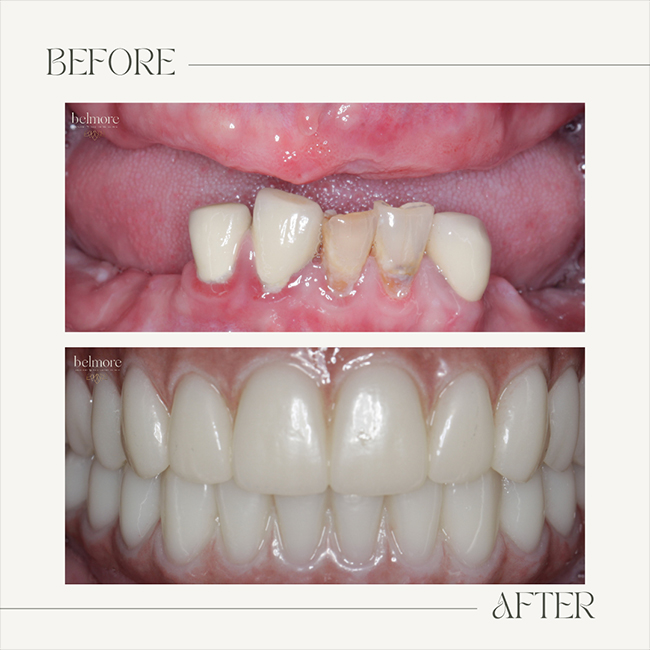
Smiles and Symptoms:
Could Your Dental Health Be Putting You at Risk of Diabetes and Heart Disease?
Studies have shown that dental health is more interconnected with our overall physical health than most people realise. Issues in your mouth can actually affect your body’s other systems, particularly when it comes to problems like diabetes and heart disease.
- Diabetes and Dental Health
Link: People with diabetes are at a threefold higher risk for gum disease, due to the way diabetes affects your body’s ability to fight infection. High blood sugar can lead to more bacteria growth in the mouth, meaning the connection between these conditions is even more evident in patients with poorly controlled blood sugar.
Poorly managed blood sugar can lead to more severe gum problems, severe gum disease can also make it harder for people with diabetes to manage their blood sugar, creating a vicious cycle. In addition, diabetes disrupts the body’s inflammatory response, leading to an exaggerated immune response in the gums, resulting in further tissue damage.
- Heart Disease and Dental Health
Link: Research has shown that bacteria from gum disease can enter the bloodstream and travel to the heart. Infections in the mouth can lead to inflammation, which is a contributing factor to heart disease. People with poor oral hygiene are at a higher risk of developing plaque buildup in their arteries, which can lead to heart attacks and strokes.
Problems caused by poor oral hygiene
- Cavities and tooth decay
- Gum disease
- Bad breath
- Tooth loss
- Increased inflammation
- Systemic infections
- Risk of stroke or heart disease
So, now that we’ve got past the ‘doom and gloom’ of poor oral hygiene – lets learn how to prevent it!
Preventing dental issues is key to avoiding the aforementioned health complications:
Brush and floss regularly: Dentists recommend you brush your teeth twice a day, using a fluoride toothpaste, and taking care not to brush too hard. Interdental cleaning methods such as flossing or using interdental brushes will remove food particles and plaque between the teeth where your toothbrush can’t reach. Many people think brushing alone is enough to care for your teeth, however we can only access 60% of the tooth surface this way, to ensure peak oral health make sure you are doing both!
Eat a healthy diet: Avoiding sugary snacks and drinks that can lead to cavities is ideal, however, we know this isn’t realistic for most people! So, even cutting these down and making sure you eat or drink them at your regular meal times will help to limit the number of times your teeth experience an ‘acid attack.’
A healthy balanced diet is key not only to preventing dental issues, but will also ensure that your body is getting the correct nutrients to work efficiently and keep you feeling your best.
Avoid Tobacco use: Now, we all know by now, that using tobacco products leads to any number of health problems, however it is particularly bad for your oral health. Avoiding, or at least drastically limiting your use of smoking or chewing tobacco will greatly decrease your risk of developing gum disease and oral cancer.
Stay hydrated: drinking water helps to keep your mouth clean between brushing by washing away food particles and bacteria. Proper hydration also helps to ensure that all your bodily
How often should you visit the dentist and why are regular visits important?
Visit Frequency: It is generally recommended to visit the dentist and hygienist at least every six months for a professional cleaning and checkup. People with higher risk factors, like diabetes or heart disease, may need more frequent visits.
Importance: Regular dental visits are essential for catching potential issues early before they become severe. During these visits, the dentist can detect early signs of cavities, gum disease, and other oral health issues. Dental hygienists also provide deep cleanings to remove plaque and tartar that brushing and flossing can’t reach.
Your oral health isn’t just about having a bright smile—it’s deeply connected to your overall health. By keeping up with regular dental care, you can help protect yourself from serious health conditions like diabetes, heart disease, and infections. Brushing, flossing, eating a healthy diet, and making regular dental visits are all part of the puzzle that leads to a healthier body and a healthier smile.


